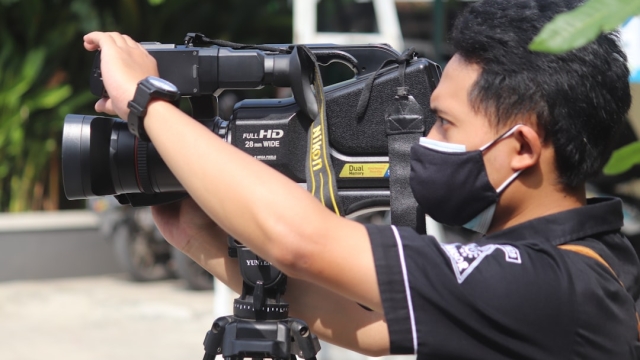Overview of Undercover Operations in the Philippines
Undercover operations play a pivotal role in maintaining law and order in various regions, including the Philippines. These covert activities, typically undertaken by law enforcement and military personnel, are designed to infiltrate criminal organizations and gather intelligence without revealing the identity of the agents involved. The significance of undercover operations in the Philippines lies not only in their ability to combat crime but also in their contribution to national security and public safety. This article delves into the nature of these operations, their historical context, and notable examples that have shaped the landscape of law enforcement in the country.
Overview of Undercover Operations in the Philippines
Undercover operations in the Philippines encompass a range of activities aimed at addressing various security concerns, including drug trafficking, terrorism, and organized crime. These operations often involve agents posing as criminals or associates to gain trust and gather vital evidence. The success of such missions relies heavily on meticulous planning, extensive training, and the ability to blend into different environments.
In the law enforcement context, undercover operations are crucial for dismantling drug syndicates that operate in secrecy. Agents may engage in controlled buys, surveillance, and intelligence sharing to build cases against these organizations. In the military realm, covert operations may focus on counter-terrorism efforts, particularly in regions known for insurgency and militant activities.
Historical Context and Evolution of Undercover Tactics
The evolution of undercover tactics in the Philippines can be traced back to various historical events, including periods of political unrest and the rise of criminal enterprises. Initially, law enforcement agencies relied on traditional policing methods, but as crime became more sophisticated, the need for more clandestine approaches emerged. The challenges posed by drug cartels and extremist groups necessitated innovative strategies that would allow agents to operate under the radar.
Throughout the years, training programs for undercover agents have evolved, incorporating lessons learned from past operations. The Philippines has seen a growing emphasis on intelligence-led policing, where data and analysis inform undercover missions. This shift has allowed for more strategic deployment of resources and a higher likelihood of successful outcomes.
Notable Undercover Operations and Their Impact on Society
Several notable undercover operations in the Philippines have significantly impacted society and law enforcement practices. One such operation involved infiltrating a notorious drug trafficking ring, which resulted in the arrest of key players and a substantial seizure of narcotics. The operation not only disrupted the supply chain of illegal drugs but also sent a strong message to other criminal organizations about the government’s commitment to combatting drug-related crimes.
Another significant operation involved the successful infiltration of a terrorist group known for orchestrating violent attacks. By gathering intelligence on the group’s plans and movements, law enforcement was able to prevent potential attacks and enhance public safety. This operation underscored the importance of undercover work in addressing threats to national security and protecting citizens.
As the landscape of crime continues to evolve, the tactics employed in undercover operations are also adapting. Law enforcement agencies are increasingly using technology and data analysis to enhance their covert activities, ensuring that they remain effective in their mission. However, the ethical considerations surrounding undercover operations are paramount. Ensuring that these operations respect human rights and maintain public trust is essential for their long-term success.
In conclusion, undercover operations in the Philippines are a vital tool in the fight against crime and threats to national security. Through a historical lens, it is evident that these operations have evolved significantly, adapting to the changing dynamics of crime and society. As notable operations demonstrate their effectiveness, it is critical to balance the necessity of such tactics with ethical considerations, ensuring that the public remains safe while upholding justice. For more information on undercover operations in the Philippines, you can visit this resource.

